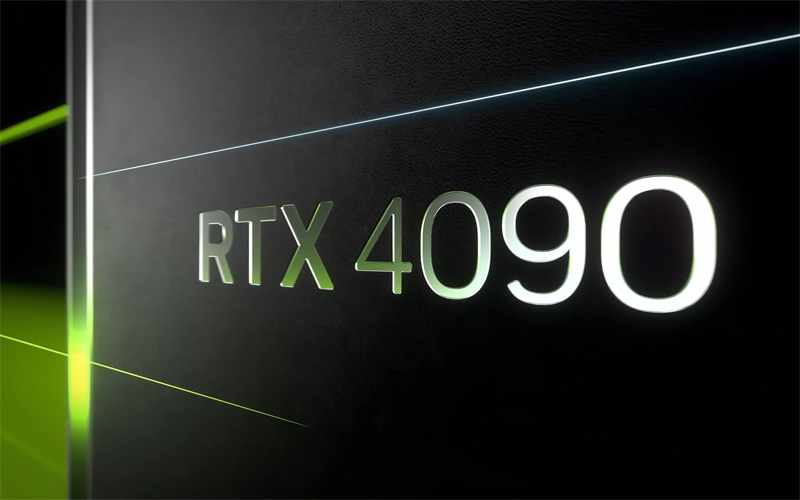On the evening of October 24, Beijing time, Nvidia announced that the new export restrictions imposed by the United States on China were changed to take immediate effect. When the US government introduced the controls last week, it left a 30-day window. The Biden administration updated export control rules for artificial intelligence (AI) chips on October 17, with plans to block companies such as Nvidia from exporting advanced AI chips to China. Nvidia’s chip exports to China, including the A800 and H800, will be affected. The new rules were scheduled to take effect after a 30-day public comment period. However, according to an SEC filing filed by Nvidia on Tuesday, the U.S. government notified the company on Oct. 23 that the export restrictions announced last week were changed to take immediate effect, affecting products with a “total processing performance” of 4,800 or higher and designed or sold for data centers. Namely A100, A800, H100, H800 and L40S shipments. Nvidia did not say in the announcement whether it had received regulatory requirements for standards-compliant consumer graphics cards, such as the RTX 4090 of concern. The RTX 4090 will be available in late 2022. As the flagship GPU with Ada Lovelace architecture, the graphics card is mainly aimed at high-end gamers. The RTX 4090′s computing power meets the US government’s export control standards, but the US has introduced an exemption for the consumer market, allowing the export of chips for consumer applications such as laptops, smartphones and gaming applications. Licensing notification requirements are still in place for a small number of high-end gaming chips, with the aim of increasing shipment visibility rather than outright banning sales.
Post time: Oct-20-2023






